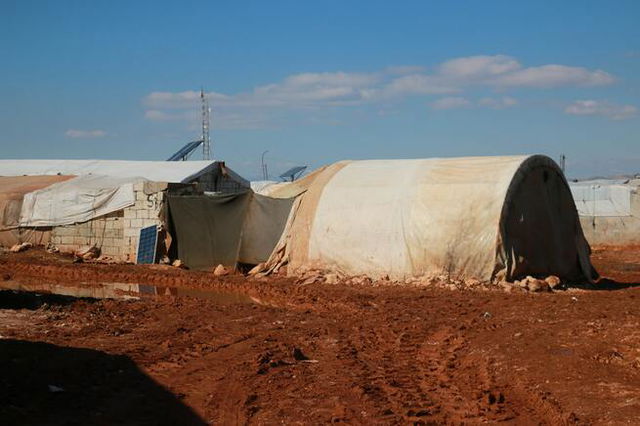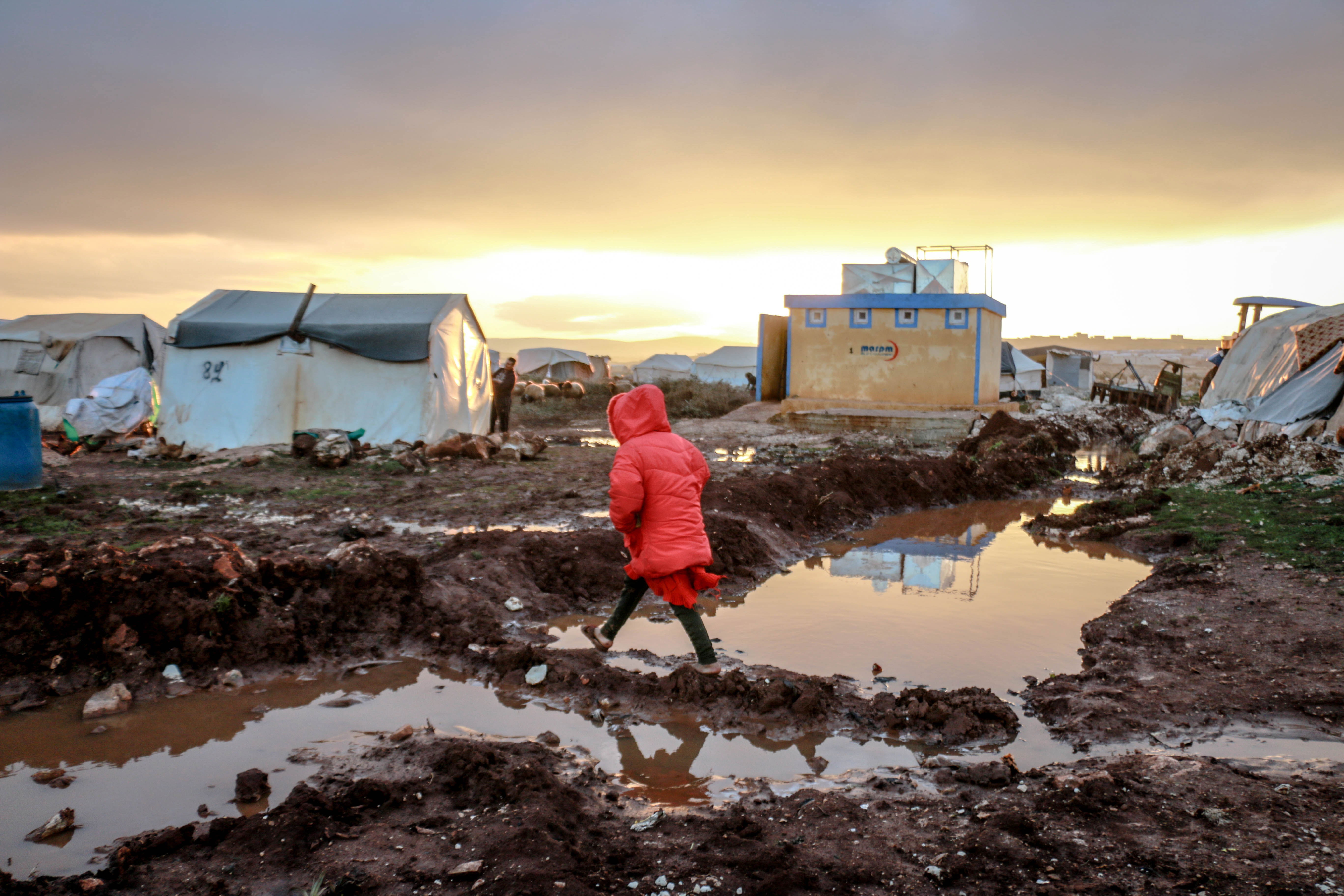- Calendar
- Calendar 2026
- June
- World Refugee Day
World Refugee Day
On June 20 countries around the world observe World Refugee Day. This is a United Nations holiday that aims to raise awareness of the situation of refugees and the dangers they face in their lives.
It is also a day to honor the courage of the millions of individuals worldwide who had to leave their homes to escape violence and persecution.

Origins of World Refugee Day
Before World Refugee Day, many countries were already celebrating Africa Refugee Day on June 20.
In December 2000, the United Nations General Assembly recognized that the upcoming year, 2001, would be the 50th anniversary of a very important convention. It was the Convention relating to the Status of Refugees that was established in 1951.
A Resolution was passed declaring that, from 2000, World Refugee Day should be celebrated on June 20. The Organization of African Unity was also formally asked to allow this day to coincide with Africa Refugee Day.
The UN High Commissioner deemed this observance as a necessary one, to bring awareness to the struggles of the over 14 million and growing refugees worldwide.

How it is Commemorated
Events on this day are arranged by organizations such as:
- United Nations Refugee Agency,
- the International Rescue Committee
- Amnesty International.
Activities usually include visits to asylum centers to show support, protests against the use of prisons to house migrants and asylum seekers, and organizing petitions to governments asking for better treatment of refugees.
These events take place in more than 100 countries, and all aim to draw attention to the pleas for help from asylum seekers around the world.
Themes of the day
Like most United Nations observances, World Refugee Day has a different theme every year. The theme for 2023 is "Hope away from Home. A world where refugees are always included".
"Respect", was the first theme in 2001, "Migrants and Refugees: Towards a Better World" as the theme for 2014, and in 2016 the theme "We Stand Together With Refugees".
The latest themes have been:
- 2020: Every Action Counts
- 2021: Together we can achieve anything
- 2022: Whoever, Whatever, Whenever. Everyone has the right to seek safety
What is a Refugee
The United Nations defines a refugee as someone forced to flee their home country and cannot return due to the risk of persecution or harm.
Due to a well-founded fear of persecution, war, or violence, they are likely to flee their home. This fear can be based on factors such as race, religion, nationality, political opinion, or membership in a particular social group.
Post-Covid Challenges
The COVID-19 pandemic has made an already difficult situation even harder, with countries closing their borders and limiting travel. As a result, refugees struggled to access primary and critical services.
The refugee crisis remains a challenging global issue that requires a coordinated international response to address the root causes and provide support to refugees and host communities.
The UN responded to the issue by providing guidance pressing Member States to take specific measures to support migrants in this situation, who are "at risk of being disproportionately affected by the crisis".
Some Facts for World Refugee Day
- An average of 42,500 people flee their homes seeking asylum in other countries every day.
- The UNCHR states that there are currently 65.3 million asylum seekers in the world, more than 21 million of which are refugees. Out of these, 51% are under 18.
- 86% of refugees are given asylum by developing countries.
- The world's largest refugee camp is in Dadaab, Kenya with a population of 218,873 refugees.
- The civil war in Syria has forced more than 11 million people to flee their country and is one of the worst humanitarian crises in the world.

Other Celebrations
-
Feb 13 Thu
-
Apr 07 Mon
-
Apr 18 Fri
-
Sep 22 Mon
-
Nov 17 Mon
-
Jan 17 Sat

World Refugee Day - Next years
Sunday, 20 June 2027
Tuesday, 20 June 2028
Wednesday, 20 June 2029











